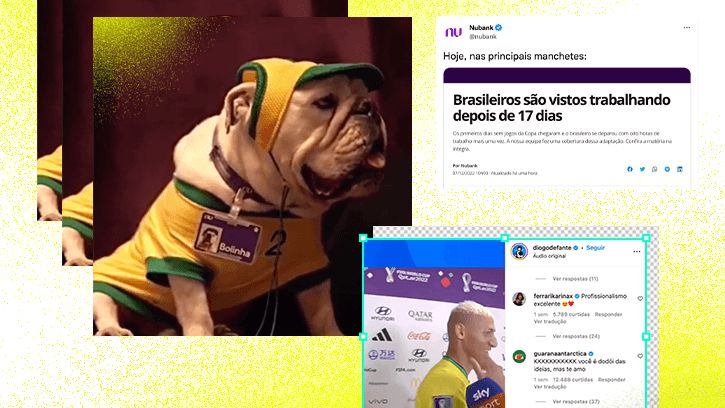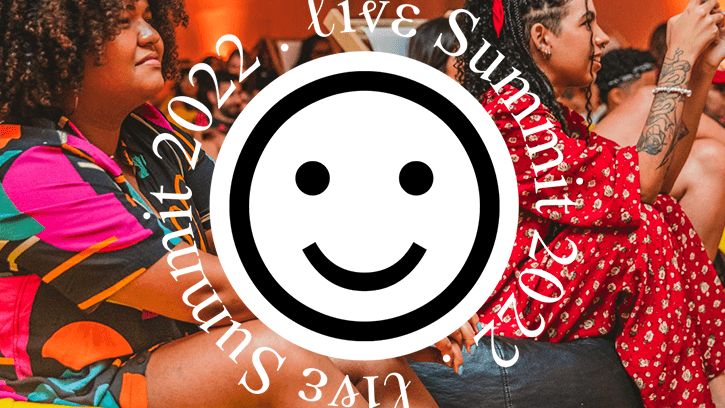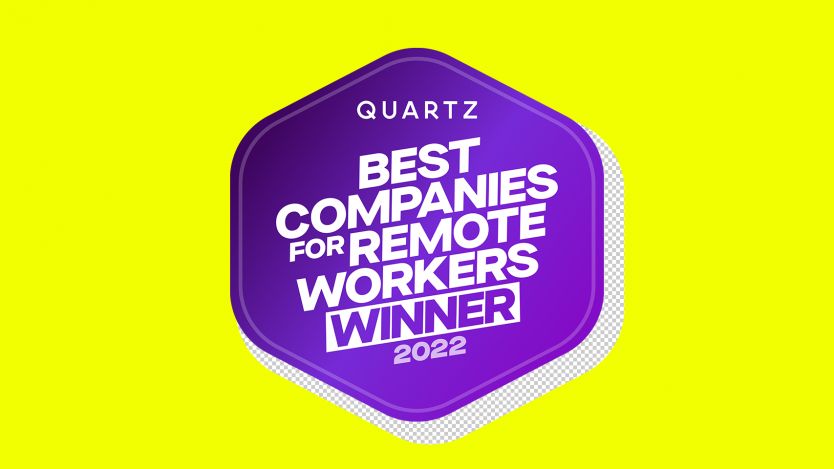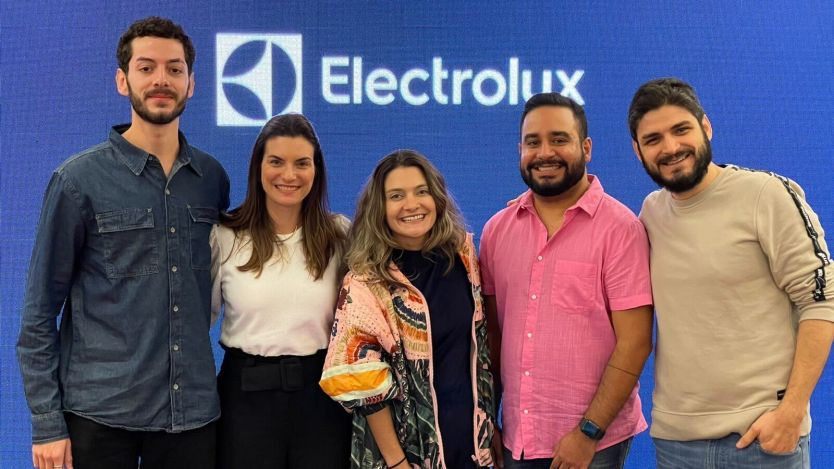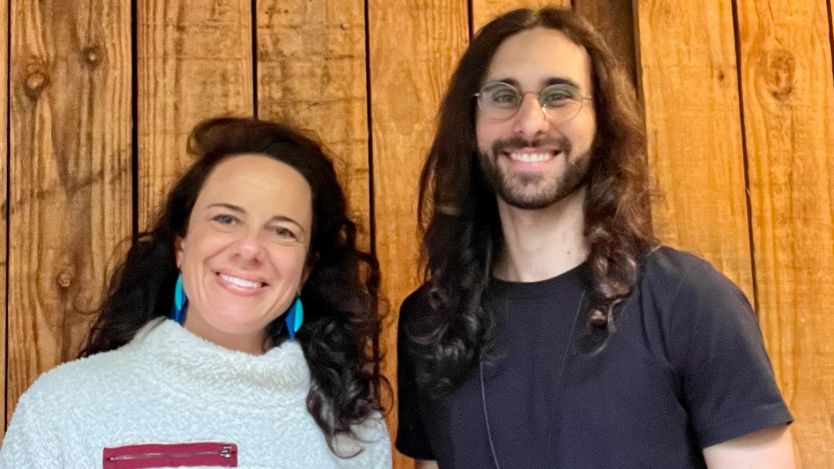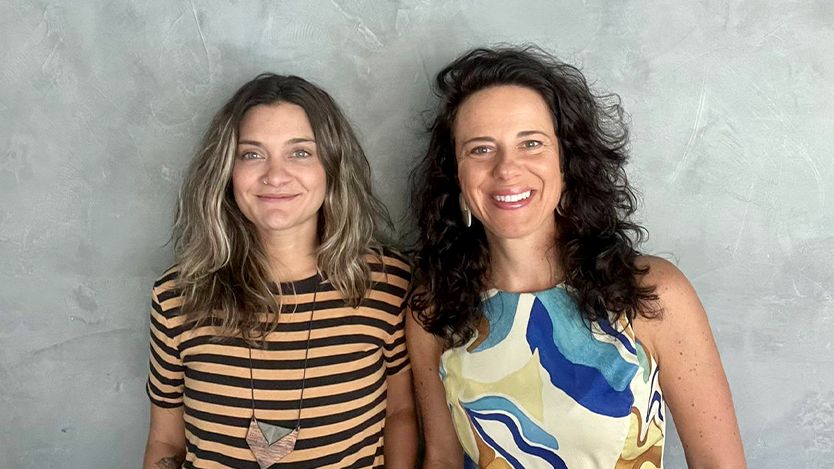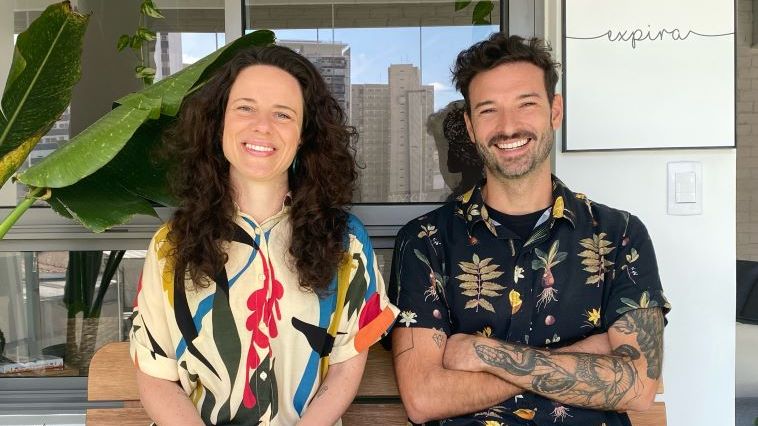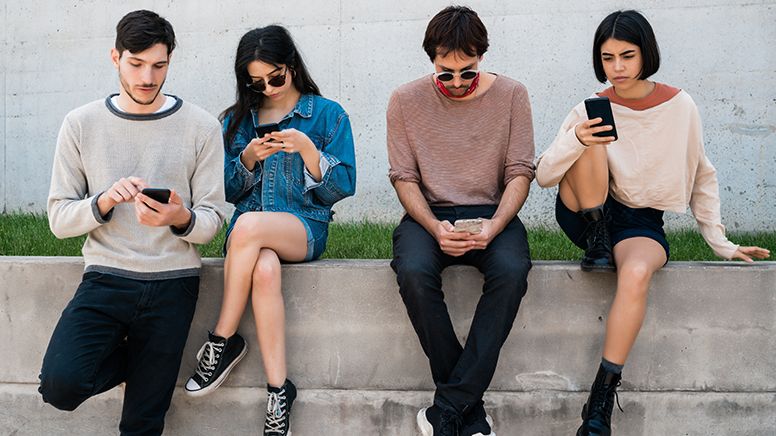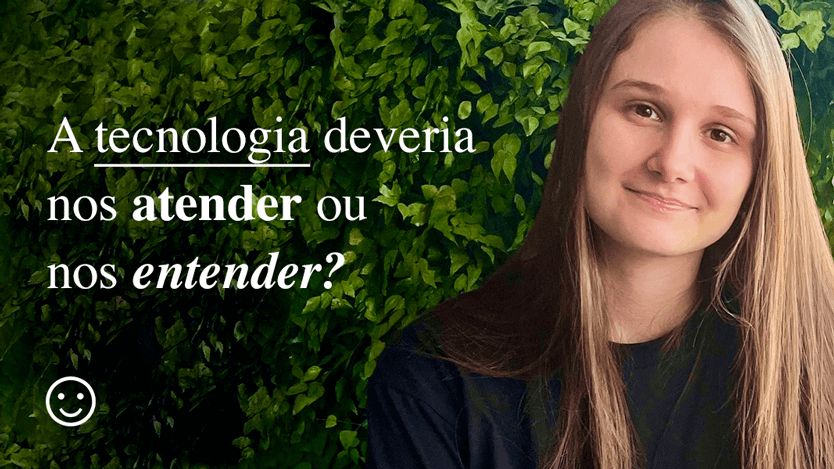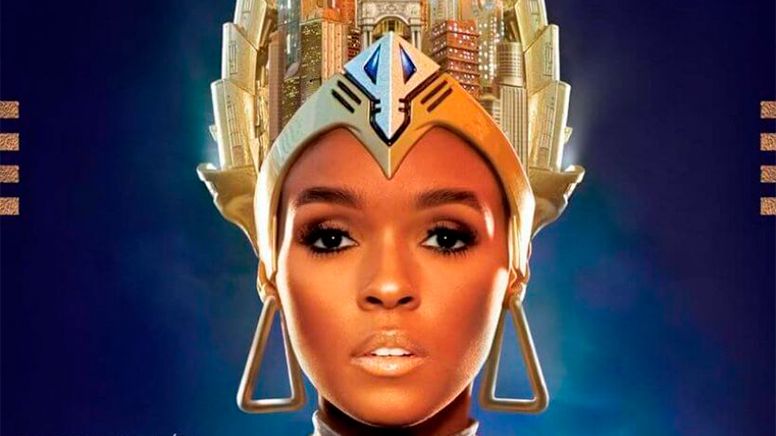Generation Z is also on Facebook and you were the only one who didn’t know it
by Jaqueline Fonseca and Mariana Gouveia
Dec 17th, 2021 » 3min
A lot is said about the use of certain social networks for generation Z and others for past generations. But... is there really a migration of each generation to a specific social network, or is the use of each media currently based on different motivations?
We know that GenZ has a strong presence on TikTok, a network that hit 1 billion users worldwide in September 2021. However, it is possible to find users of all ages there, and according to TikTok's own data, there is a growing number in the audience who are over 24 years old. But does this mean that the other social media have become too cringe for the digital natives?
The reality is that many people believe that Facebook is a platform that can no longer attract such audience, and so we looked up the numbers (and behaviors) to understand a little bit more... The network has about 22 million unique users between the ages of 18 - 24 years old, only in Brazil. In addition to that, it is still the most consumed social network in the country, considering all age groups. So, the real question is: what keeps these users active on the platform?
In the last few years, Facebook has placed the groups tool as a major player in its growth strategy, fostering the importance of the communities and recovering a characteristic that was no longer actively present within the networks: the building of new friendships. After all, it is possible to find groups focused on various themes and, besides that, many of those groups have become major support networks among their users.
Several of these groups are private and require the administrator’s approval for people to join. Those that deal with more personal topics should not have their subjects disclosed, which may cause the removal of users who do not follow the rules. The goal is to generate a greater sense of trust and really give it the opportunity to be an open place to exchange experiences, confidences and share tips. In other words, a space where you can be yourself – a strategy very similar to the one used by TikTok.
According to the True Gen report released by McKinsey, 66% of the young people from this generation who were interviewed for the survey define the word "community" as a group created by those who share common interests, and not according to economic status or matching level of education. Therefore the online communities are so valued by them, since it is possible to meet people who come from different backgrounds.
A trend that emerged on Facebook as a way to identify groups that tackle the exchange of experiences was to name them "share". The groups range from Share Your Workout to Share Your Airbnb. All themes are possible to be included, and the main goal is the sharing of information and experiences. And guess who else is present in such groups? That's right, the notorious Generation Z! According to data from the group Share Your Crush, which has almost 33,000 participants, most of its members are between 18 and 24 years old. That is, this audience hasn’t fled the social media, but found a different way and motivation to use it.
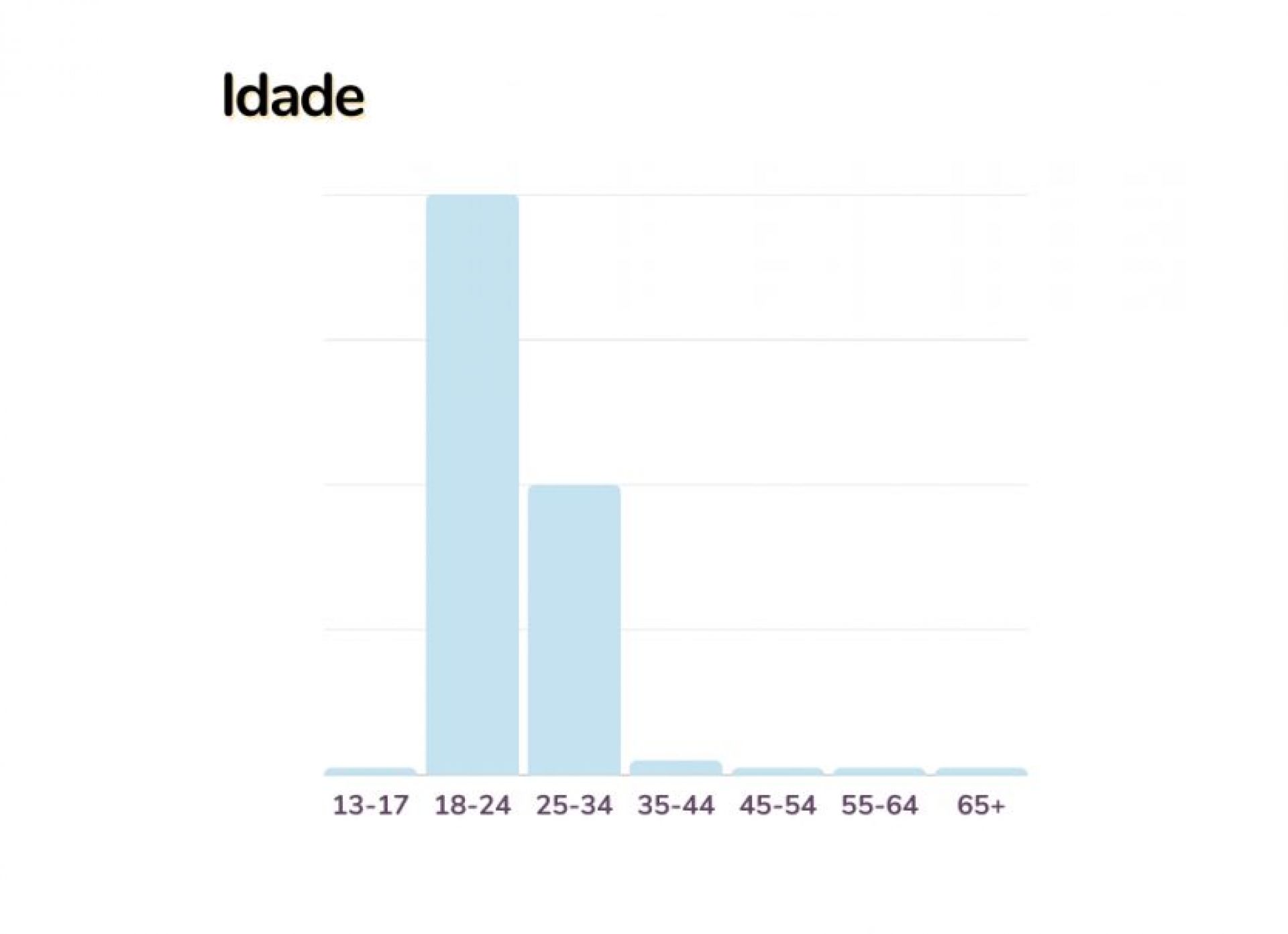
And how can Facebook's structuring of businesses for the current Meta, with a strategy focused on integrating the real and virtual worlds, continue to impact Generation Z's presence on the platform?
According to Facebook’s CEO Mark Zuckerberg, one of the main goals of the metaverse is to "connect people", an ecosystem that recreates real experiences and interactions and seeks to overcome physical limitations on the internet. And this represents exactly the essence of this generation that mobilizes through technology and values genuine communities.
Regardless of which or how many social networks emerge or remain active, what we can say so far is that, regardless of the platform, generation Z will always have a motivation to use them: whether it's to "complain a lot" on Twitter, consume inspirational content on Instagram, create entertainment with authenticity on TikTok, or even find communities they can identify with and assist in their day-to-day lives.
When it comes to brands, we believe that the first step to build some relevance with this audience – regardless of the network – it important is to understand if there is room for creating communities in order to generate genuine connections and dialogues. Is there room to add content that contributes to the daily life in a constructive way, and which makes room for conversation?
With a new strategy to communicate, here's the big question: Are brands ready to give out without expecting something in return? Well, this will require their KPI's to foster information and create "immeasurable" bonds; those that we build through the exchanges among each other.

